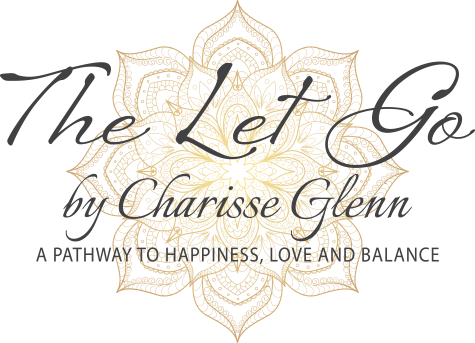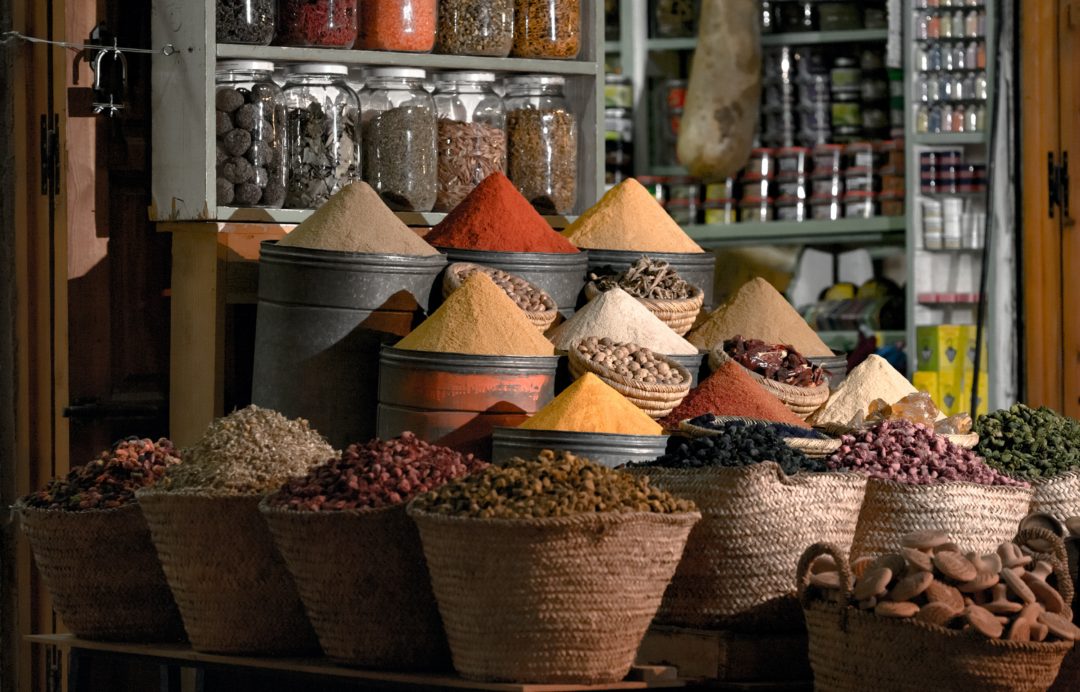“Soulful healing asks, while you are healing your body with herbs from Earth, that you look for the meaning in what is happening within your body as it relates to your whole being.”
~
The use of herbs and spices has been influential throughout history. Well before culinary usage, healers and herbalists gathered herbs for medicinal purposes. Many modern-day medicines were derived from properties found in these unassuming plants, often referred to as weeds.
Easy to acquire, no traipsing through the forest to forage for them, we can benefit from common herbs that are potentially already in your cupboard.
Powerful Benefits of Herbs
Cinnamon is a popular spice found in sweet and savory recipes. It contains a compound called cinnamaldehyde, responsible for cinnamon’s medicinal properties. Because it has potent antioxidant activity, it helps fight inflammation and has been shown to lower cholesterol and triglycerides in the blood. In addition, it has been used in herbal medicine to help lower blood sugar levels by slowing the breakdown of carbohydrates in the digestive tract and improving insulin sensitivity. Studies have also shown that cinnamon can lower blood sugar levels in diabetic persons.
Parsley offers many necessary nutrients. Vitamins A and C both hold antioxidant properties, and Vitamin K is needed for blood clotting and bone health. Folate is an essential B vitamin essential for producing red and white blood cells in bone marrow, creating DNA and RNA, and transforming carbohydrates into energy. Potassium is necessary for the normal functioning of all cells. It regulates the heartbeat, ensures proper function of the muscles and nerves, and is vital for synthesizing protein and metabolizing carbohydrates. Lutein, beta carotene, and zeaxanthin are three carotenoids in parsley that help protect your eyes and promote healthy vision, all the more reason to utilize parsley in ways other than a garnish.
Sage gets its name from the Latin word Salvere, which means “to save.” The middle ages attributed excellent healing properties to this fragrant herb, believing it to help prevent the plague. Sage is also correlated to wisdom; it improves brain function and memory, with current research indicating it may enhance Alzheimer’s disease. Recent research suggests that Sage may be able to improve brain and memory function in healthy people, both young and old.
Rosemary is an aromatic herb used in cooking and many hair and beauty products. The active ingredient in rosemary is called rosmarinic acid. It can help suppress allergic reactions and nasal congestion and has been shown to decrease the nasal mucus when ingested or inhaled with aromatherapy. It is also known to boost the immune system and improve blood circulation. In addition, studies have shown rosemary to be rich in antioxidants, which play an essential role in neutralizing harmful particles called free radicals.
Oregano, most commonly known as a seasoning in Italian cuisine, is an effective natural antibiotic and antifungal agent, and it may help you lose weight and lower your cholesterol levels. In addition, it is a fragrant herb and can be used fresh, dried, or as an oil. Oregano contains compounds called phenols, terpenes, and terpenoids. They have powerful antioxidant properties and are responsible for their fragrance. Carvacrol, the most abundant phenol in oregano, has been shown to stop the growth of several different types of bacteria. Thymol, this natural antifungal, can also support the immune system and protect against toxins, and Rosmarinic acid is a powerful antioxidant that helps protect against damage caused by free radicals.
Peppermint has a long history of use in folk medicine and aromatherapy. With calming and soothing properties, it is used to reduce nausea and help manage irritable bowel. Relaxing the muscles in the colon relieves pain and also helps to reduce a common digestive issue: abdominal bloating.
Turmeric is the spice that gives curry its yellow color. It contains several compounds with medicinal properties. The most important is curcumin, a substance with powerful anti-inflammatory properties and an antioxidant that boosts the body’s antioxidant enzymes to help fight oxidative changes. Research shows that oxidative damage is one of the critical factors of aging and some other diseases. Curcumin is also has demonstrated significant effectiveness with anti-inflammatory properties.
Cayenne Pepper is a type of chili pepper. It gained some notoriety with those doing the Master Cleanse Fast, where it was added to a lemon, honey/maple syrup water. The active ingredient in it is called capsaicin, which has been shown to reduce appetite and increase fat burning in many studies. However, those accustomed to eating spicy food indicated that a tolerance to the effects could build up and become less effective. In addition, there has been added research that may help combat certain forms of cancer.
Ginger, like peppermint, can help treat nausea caused by morning sickness, chemotherapy, and seasickness. Ginger also appears to have strong anti-inflammatory properties and can relieve pain management by decreasing inflammation. The root can be used fresh, dried, or powdered, and salves can be mixed with other ingredients to treat various symptoms of stiffness and pain. In addition, ginger purifies the blood and warms the system.
Garlic not only keeps vampires away but throughout ancient history, the primary use of garlic was for its medicinal properties. Most of these health effects are due to a compound called allicin, which is also responsible for garlic’s distinct smell. Garlic is loaded with vitamin C, vitamin B6, thiamin, potassium, calcium, phosphorous, copper, and manganese. It is well known for combatting sickness, including the common cold.
The list continues for the benefits of garlic. It has beneficial effects on heart health and appears to reduce LDL cholesterol for those with high cholesterol. Studies have also found that supplementation caused significant reductions in blood pressure, boosts the body’s immune system and improves athletic performance. For those who don’t like the smell or taste of garlic, it comes in a pill form, so you can reap the benefits without the odor.
Hippocrates, a famous Greek physician, in the year 440 BC said, Let food be thy medicine and let thy medicine be food. The amazing thing about Hippocrates is that he was teaching that quality food is a powerful medicine to prevent diseases, twenty-five centuries ago. Even then the healthiest foods available according to him was Anything that comes from Mother Earth without man’s intervention like fruits, vegetables, nuts, and seeds.
Eat Well, Be Well.
Humans make thousands of units of vitamin D within minutes of whole body exposure to sunlight. From what we know of nature, it is unlikely such a system evolved by chance.
~ Dr. John Cannell





